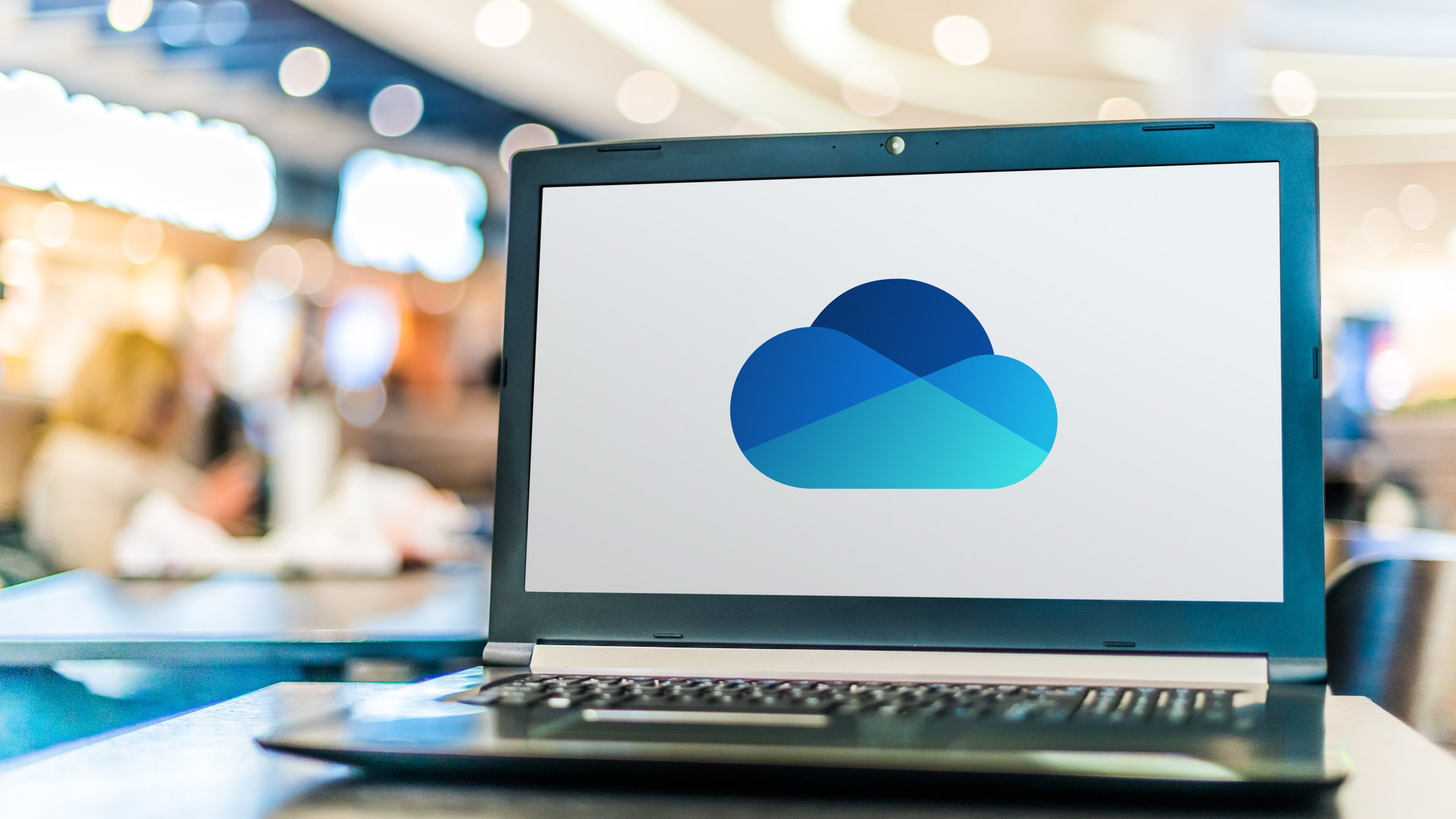Ouch! Microsoft admits Windows 11's OneDrive syncing could be slowing down your PC
Sluggish performance in Windows 11? Sideline OneDrive to check if it helps, Microsoft suggests

Sign up for breaking news, reviews, opinion, top tech deals, and more.
You are now subscribed
Your newsletter sign-up was successful
- Microsoft has a support article tackling Windows performance issues
- One tip is to turn off OneDrive syncing, as it "can slow down your PC"
- This is possibly one of the biggest bugbears when it comes to sluggish File Explorer performance in Windows 11
Microsoft has admitted that syncing files between your Windows 11 PC and OneDrive can slow your system down, while providing a bunch of tips on improving the performance of your computer.
Neowin flagged that Microsoft's support account on X highlighted a post that contains said performance tips for Windows 10 as well as Windows 11.
How to make your PC faster:Step 1: Update it.Read on for more changes you can make: https://t.co/7J20eZ4hPr pic.twitter.com/oLwT212oJpAugust 11, 2025
The article in Microsoft's support portal notes that: "If your PC is running slowly, the following suggestions might help speed things up."
The tips are provided in order, so the first one is the most important and potentially impactful, and the others follow, with the suggestion related to OneDrive coming in at number seven. (The others are mostly the standard fare: update everything – which is number one – check disk space, disable unnecessary apps, tone down fancy graphics in Windows, and so on).
Microsoft observes that OneDrive sync is enabled by default in Windows 11 (and 10) – mirroring files on your PC to the cloud storage service – to let you access your files from any device, wherever you are (as long as you're online). It further explains that those synced files in OneDrive also serve as a backup.
However, Microsoft concedes that the flipside of these benefits is that the process of syncing files on your computer to the cloud "can slow down your PC," and then gives you instructions on how to pause OneDrive syncing temporarily. That way, if you're having performance slowdowns, you can stop this syncing and see if it resolves those hiccups.
If you're curious, the way to pause syncing is to find the OneDrive icon in the taskbar's system tray (far-right) – it's the cloud graphic – right click on it, and under the Settings cog, you'll see the option to 'Pause syncing'.
Sign up for breaking news, reviews, opinion, top tech deals, and more.

Analysis: exploring causes of sluggishness
There have been quite a few complaints about File Explorer running extremely slowly in Windows 11, something Microsoft has acknowledged, and it's also something I've experienced myself on my Windows 11 laptop. OneDrive may well be tied into these kinds of slowdowns in some scenarios.
On my main PC, which is Windows 10, File Explorer runs noticeably snappier. And notably on my backup PC, which also has Windows 11 – and on which I've decoupled OneDrive – it also runs slickly.
So, if you're plagued by slow performance when working with the files and folders on your desktop (File Explorer), it's certainly worth pausing OneDrive syncing to see if this helps.
This isn't necessarily just about File Explorer sluggishness, though, and closing down OneDrive syncing could help performance in other areas of your PC – running other software or PC games, perhaps. As ever, any impact of syncing may be variable based on your particular PC configuration, system settings, and the workload that OneDrive might be undertaking at any given time obviously has a bearing on things.
You don't have to use OneDrive with Windows 11 or 10, even though Microsoft wants you to for obvious reasons – if you're going to subscribe for cloud storage, the software giant wants you to choose its service (and isn't shy about promoting it, either).
You can unlink your OneDrive account from your PC, though, and then uninstall the OneDrive app should you wish to go further (that said, it may reappear via subsequent Windows 11 updates, or that's certainly been a complaint I've seen aired in the past).
Microsoft is right about the benefits of cloud syncing for backup (and potentially file access from other devices, too), but remember, you don't have to go with OneDrive – there are other cloud storage providers out there.
In fact, there are other backup solutions. Just make sure you have one, and always remember that storing your data in the cloud with any service can be a good idea in some ways, but it does give a certain amount of power to a third-party, so you need to consider it as part of an overall 3-2-1 backup strategy.
Follow TechRadar on Google News and add us as a preferred source to get our expert news, reviews, and opinion in your feeds. Make sure to click the Follow button!
And of course you can also follow TechRadar on TikTok for news, reviews, unboxings in video form, and get regular updates from us on WhatsApp too.
You might also like...
- Will Microsoft never learn? Leaked OneDrive app sparks fears of more pointless bloat in Windows 11
- Fed up with your mouse cursor supersizing itself randomly in Windows 11? Thankfully this frustrating bug should now be fixed
- No, Windows 11 PCs aren't 'up to 2.3x faster' than Windows 10 devices, as Microsoft suggests – here's why that's an outlandish claim
Darren is a freelancer writing news and features for TechRadar (and occasionally T3) across a broad range of computing topics including CPUs, GPUs, various other hardware, VPNs, antivirus and more. He has written about tech for the best part of three decades, and writes books in his spare time (his debut novel - 'I Know What You Did Last Supper' - was published by Hachette UK in 2013).
You must confirm your public display name before commenting
Please logout and then login again, you will then be prompted to enter your display name.